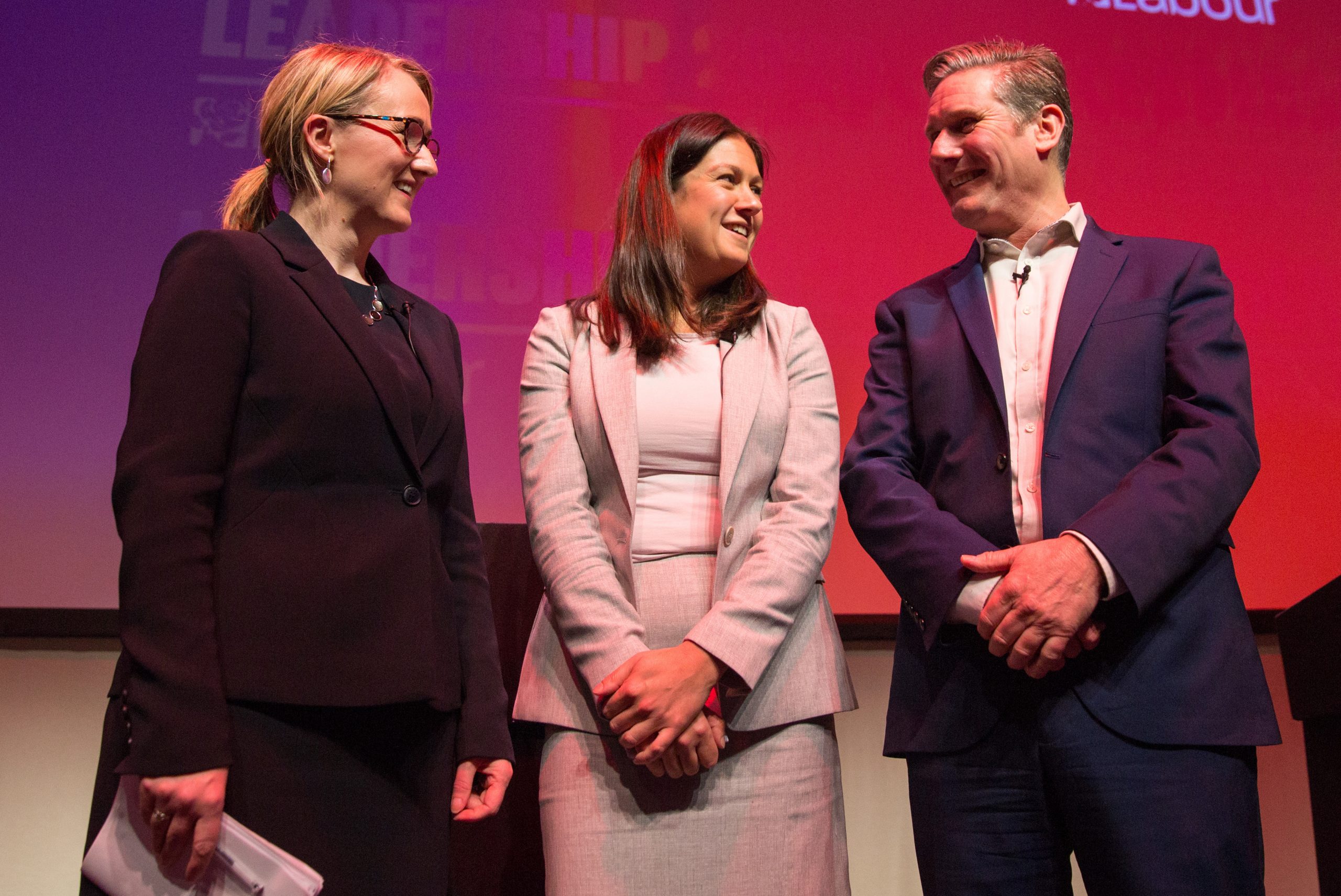
It can be said with certainty – a Labour programme that is presented by a unified party has a better chance of winning over voters than one presented by a divided party. A party that fails to listen to its supporters does not show enough respect to them.
And a Labour Party that does not show how we can have a better future by adopting collegiate leadership is failing to show how the rest of Britain can behave. What Keir Starmer offers is a new model of Labour leadership based on unity, respect and collaboration.
For those of us who support Starmer in the leadership election, the need for party unity has been at the forefront of our thoughts and it’s been a watchword for his campaign. We have been inspired by the respectful and positive way he has conducted himself and by his desire to ensure that the other candidates are seen for who they are: talented and important champions of the Labour movement in parliament, who should have a huge role as we rebuild from the disastrous election defeat in December.
The past five years have been difficult – mudslinging has been far too common. Members will hope that the party will adopt a more tolerant approach at meetings and, more widely, with healthy debate and differences of opinion flourishing.
Being united is not enough to win an election, but without it, defeat is almost certain. Our message to the nation in 2024 must be one of a unified answer to the questions of how our country faces the future. Our economy has incredible potential and could be set for a strong future with the right leadership and a strong, credible agenda.
But it faces formidable threats. These include, in the short term, the threat from coronavirus and from the uncertainties of new trading relationships with countries outside the EU. There are also the challenges of addressing the climate and environmental emergencies, answering the questions posed by automation, and forging a new social care settlement. The approaches cannot just be economic. They will require new inclusive approaches of their own, approaches that bring people together where too often they are divided.
Leadership matters and while Starmer stresses the importance of a team rather than individual leadership, he also understands the role of a leader in setting the vision and the tone that inspires and unites all sides around one common cause. There is a desire and a need across society for the kind of leadership that Starmer is offering. An inclusive leadership style in politics would set the tone for organisations large and small. It would give clues as to how productive relationships between employers and trade unions, between government and the private sector, and between the government and the public could operate.
That includes working with those with whom there is not necessarily a natural allegiance. The relationship between government and opposition is, by its nature, adversarial but the coronavirus, climate and social care crises are examples where it is in everyone’s interest for a better style of leadership which seeks common ground. And the world of work shows what is possible. For example, the trade unions and employers’ organisations who have spoken with a unified voice on the future relationship the UK should have with the EU and who have warned of the dangers of Britain rushing into a trade agreement with the US. And there are ground-breaking individual agreements such as that between Hermes and the GMB.
It is no accident that Hermes has shown leadership of its own in guaranteeing sick pay to its self-employed delivery drivers as well as to its employees as the coronavirus threatens economic hardship as well as potential ill health. These examples show what is possible where workplace relationships are between partners rather than adversaries. It works at an individual level too, where successful organisations are characterised by the way that senior management and the chief executive, in particular, treat their staff.
The Labour Party has a strong history of working across divides and across the country to bring people and their communities together. This is what we must get back to – and Starmer offers us the opportunity to do so. We can demonstrate to the private sector that teamwork inside organisations, and collaboration between them, is a more effective way of working than through confrontation or autocratic approaches.
But whilst we thought Labour could demonstrate this, the voters showed they did not have confidence in us. Long-standing voters turned against the party as we lost their belief in our ability to deliver our promises. Starmer has the skill, integrity and humility to know that strong leadership means inclusive leadership. Acting together, working together and winning together.
The business community often tell me they recognise the merits of building relationships with colleagues in the same organisation and with suppliers and customers alike to unlock potential. Most of us want to make the world a better place and we would prefer it if that was true at work as well as at home. We want to be part of a team and to feel that our voice counts at work and in society. That rings true for those working in the private sector as much as any other. We will be pushing at an open door with workers and employers in the public and private sectors if we demonstrate a better approach as the main opposition.
Whoever wins the leadership will need to demonstrate unity within the party. To succeed in the country, they will also have to show why working as a team is right for addressing the challenges of our age. Keir Starmer has shown how to achieve this over the last two months and how our ambitious plans can meet the hopes and dreams of people across our country. Effective leadership is about everyone succeeding together. That must be Labour’s path from now on.






